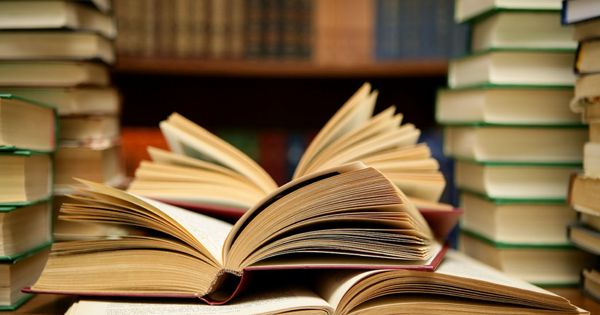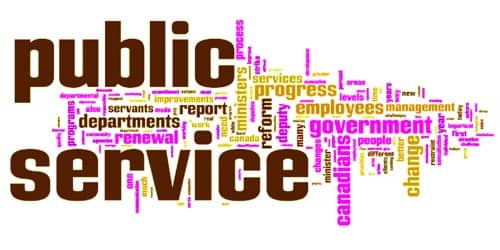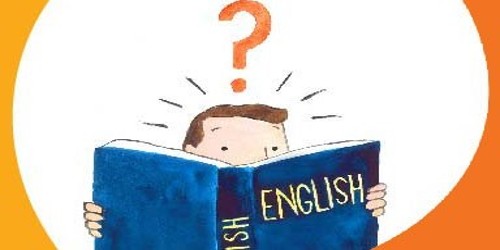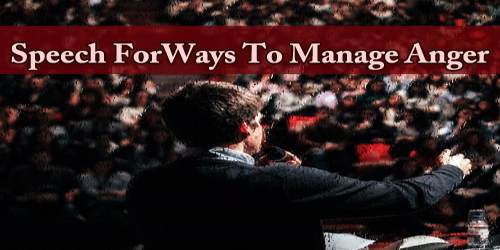Education means the all-around development of our faculty’s physical, mental arid morals. Physical education should be imparted on playgrounds and in gymnasiums by means of sports, games, and physical exercises. Moral education depends largely on healthy discipline exercised over young minds at home and at school, and more by good examples than by precepts. But for the education of the mind, nothing is more helpful than the study of books. Instructions imparted by teachers are of course necessary and useful in their own way, but perhaps even more valuable than tutorial instruction is the instruction that is quietly and spontaneously absorbed from the study of books. For it often happens that a man’s real development, so far as his mind is concerned, is due to the influence of the books that he reads or has read. Take, for example, the case of the novelist Sarat Chandra Chattopadhyay. He was not highly educated in the usual .acceptance of the term, but he had furnished his mind by a wide reading of books, and their influence on the make-up of his mind and on the essentials of his art was very great.
Hence, whatever arrangements we make for the education of boys, ample provision must be made so that they can have the opportunity to read a .a large number of books, to browse happily in a select library, Of course, it is necessary to read books with discrimination. particularly in these days when all sorts of books are being published daily and advertised extensively. Even if it were desirable to read a considerable’ section of the books that are published it would be physically impossible to do so for the most voracious reader. Reading of books must, therefore, be organized in such a way that we can derive the maximum of benefit from reading as many of them as .might be possible for us.
Needless to say that for this purpose it is better for the reader to rely on the help and guidance of a well-read man. In Western countries, a librarian is invariably a man of this type. Librarians are specialists in charge of the different departments of knowledge, and they are more than helpful; they often create tastes and direct the mind. In our country, it is best to rely on the teacher. He knows the mental aptitude and capacity of his student, and lie gives his suggestions accordingly. By following his suggestions, therefore, the reader economies time and avoids wastage of labor. Once however the reading habit is formed, one should be k ft to one’s own resources to follow the particular bent of his mind thereby he will become —unknowingly an expert in the line.
A pertinent question is—what exactly does the reading of books help the reader to achieve? Books are a storehouse of ideas and information on a variety of subjects By the study of books readers gather information and acquire knowledge. Further, a good hook is always an intellectual stimulant; it excites the mind and provokes thought. Again and again, we find that by reading a particular book, we have had to modify our impressions and opinions. Hence the study of books often liberates the mind from the limitations of prejudices and conventional ways of thought. It not only corrects errors but improves judgment. Hence it follows that books help our minds to expand. That, after all, is the ultimate end and object of education—” to free, arouse and dilate the mind” as the American poet Whitman so admirably said.
The recreational value of reading is often supposed to have nothing to do with education. But that is only if we look upon education from a narrow standpoint of merely acquiring such knowledge as is necessary for the practical affairs of life. Taken in a broad sense, recreation rightly used is a valuable aid to education. And there can be no better form of recreation than the reading of books. Something must be said about the manner of reading books.
Reading for education demands close application to the contents of the books; it involves intelligent labor and constant attention. He is a bad reader who passes over a word or a sentence without taking in its full meaning and implication. The good reader pays attention to everything. But there are also times when one loves to skip over the pages of a book, or just browse through it in a leisurely way. It depends of course upon the type of the book, and your object in reading, it. It is a process that certainly refreshes the mind and makes it fit for more strenuous pursuits.
But even a good thing may be carried too far.’ “Books”, as Stevenson says, “are good enough in their own way but they are a mighty bloodless substitute for life” “The bookful blockhead ignorantly read” is rightly viewed with contempt. Reading is no doubt an important part of life, but it would be a mistake to equate it with living. The world of books is a shadowy world projected on the mind, and must always be reinforced by the mind.
















